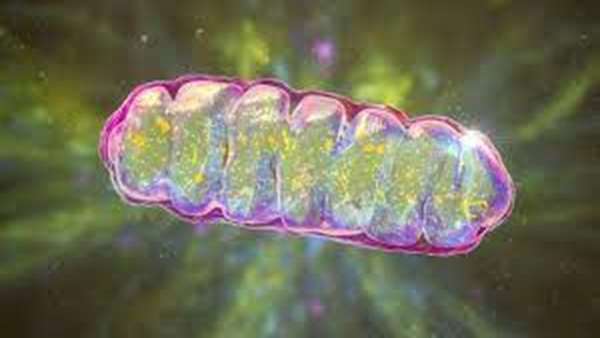Every cell in your body contains hundreds to thousands of tiny structures called mitochondria. These structures generate most of the energy our cells need to function, and this energy is stored in molecules called adenosine triphosphates (ATPs).
While most of the DNA in your body is housed in the nucleus of your cells, mitochondria contain their own DNA, and unlike nuclear DNA, which we inherit from both parents, we inherit this mitochondrial DNA (mtDNA) from only our mothers.
While mtDNA contains just 37 genes (compared to nuclear DNA’s 20,000+ genes), the importance of mitochondria to cellular function means mutations in mtDNA can cause serious health problems throughout the body.
Israel-based biotech company Minovia Therapeutics is developing a promising new treatment for mtDNA disorders called “mitochondrial augmentation therapy” (MAT).
Based on existing research, the Minovia scientists knew that isolated mitochondria are able to enter nearby cells. That gave them the idea to introduce healthy mitochondria, extracted from a donor, into stem cells taken from the bone marrow of a patient with an mtDNA disorder.
For patients with non-inherited mtDNA disorders — caused by entirely new mutations — this healthy mitochondria could be sourced from the patient’s own mother. If a mother wasn’t able to donate, or if the patient inherited their mtDNA disease from their mother, the mitochondria could be harvested from donated placenta tissue.
Either way, the hope was that the healthy mitochondria would slip into the stem cells, which could then be inserted back into the patient’s bloodstream. This might increase the number of healthy mitochondria in the patient and, hopefully, help treat their disorder.
In December 2022, Minovia announced that it has used MAT to treat six pediatric patients with non-inherited mitochondrial disorders through a compassionate use program, which gave them access to experimental therapies not yet approved by the FDA.
Four of the children had Pearson syndrome, which is often fatal in infancy and can cause weakness, fatigue, diabetes, and failure to thrive. The other two had Kearns-Sayre syndrome, which is linked to weakness, heart problems, impaired cognition, and other serious issues.
None of the children involved in the compassionate use study experienced serious adverse effects due to the treatment, suggesting that MAT is safe — but it’s too soon to say just how effective it might be.




ارسال به دوستان